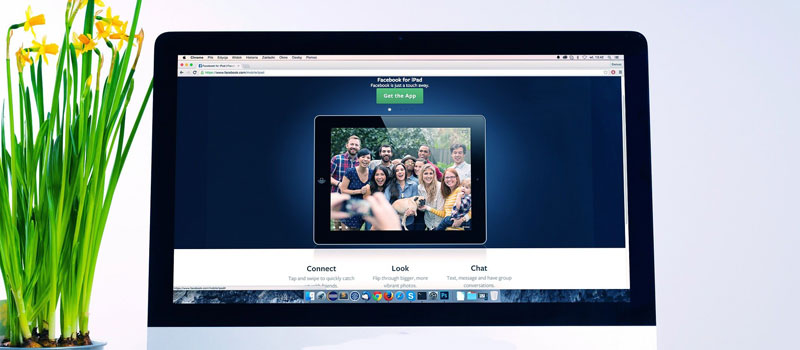How Businesses Are Tackling Hiring Bias In 2021

Getting a job is never easy and it is made even harder my underlying biases that often cloud an employer’s judgement of exactly how good someone might be at the job in question. These biases are problematic, and they’ve been around for decades. Hiring bias can occur in almost every workplace, even when the person holding the bias doesn’t even realise it themselves! The stereotypes that society places on minority groups of people become ingrained and it’s hard to escape these pre-judgements when trying to make predictions about a potential employee.
In 2021 workplaces are trying to tackle these biases for good. The workplace should be equally available to all, no matter what ‘group’ you fall into. The most important part of hiring an employee should be whether they fit the job well. Luckily, workplaces around the country are doing their best to make the hiring process fairer- especially for disabled people who may struggle to find employment. So, what exactly are workplaces doing to tackle the hiring bias?
Making interviews accessible
Before getting to the actual process of being interviewed and potentially hired, people have to actually make it to the place where they are being interviewed. For those of us who have never experienced a disability, this may seem easy. Unfortunately, this is not the case for many disabled people. It is incredibly important that workplaces make their facilities accessible for all, especially the place where interviews take place. It can be very off-putting as a disabled person to apply for a job but not be able to make the interview.
Making buildings and spaces accessible could mean installing wheelchair ramps or it could mean making space for a guide dog or even a sign language translator. Disabilities come in all varieties and employers need to start accommodating for all. You will notice that many jobs now ask whether you have any health-related specifications for the interview- this is your chance to let them know of your needs and make sure that the interview is accessible to you!
Psychometric assessments
Many hiring processes are now implementing psychometric tests. These tests are great news for anyone with a disability or characteristic that may cause them to be stereotyped at an interview. Psychometric tests utilise neuroscience tasks to capture true behaviour insights, giving the employer a better idea of their candidates, giving them a ‘fair, consistent chance to impress,’ according to Arctic Shores.
If you are living with a disability, this new way of testing employees means that your disability will hold no weight over whether or not you are considered a good fit for the job. Psychometric tests are proven to be highly effective and being used more and more in workplaces.
Reworking job descriptions
According to Havard Business Review, job listings provide the first impressions of a company’s culture. This means that the words used in job adverts play a huge role in the type of people who end up applying for jobs. If all job advertisements are written with a stereotypical ‘ideal’ candidate in mind, then only this very small group of people will be likely to apply. This reduces the number of appealing jobs available to the rest of society who don’t necessarily fit the stereotypical ‘ideal’ candidate profile that the writer of the advertisement had in mind.
To encourage more diversity in job applicants, workplaces are being advised to re-word their job applications to make them more appealing to different members of society. For disabled people, this could mean a greater mention of accessibility in job advertisements (as just one example). The aim is to make the workplace more welcoming to minority groups so that they have an equal number of possible jobs to apply for and equal chances of employment.
Structured interviews
When employers conduct interviews, it is easy to start asking unconsciously bias questions to candidates based on what they see in front of them. This makes the hiring process unfair because some candidates will receive questions that are much harder to answer than others, who may only receive easy questions that frame them positively. Candidates are getting compared against each other without receiving the same treatment in an interview (teamable.com).
Structured interviews will fix this problem. In a structured interview, an employer will be given a set of questions to ask all candidates, no matter who that candidate is. If the candidate wants to bring up any extra queries regarding their disability, that is completely up to them. Structured interviews mean that candidates can be compared fairly so all have an equal chance of employment.
Blog Post written by Meghan Taylor
Meghan Taylor is an emerging freelance writer who is passionate about mental health and inclusivity. She’s just launching her freelance career and hopes her writing proves to be valuable to someone struggling through these turbulent times. When she isn’t writing, she can be found either reading in a coffee shop or binge-watching Netflix.



